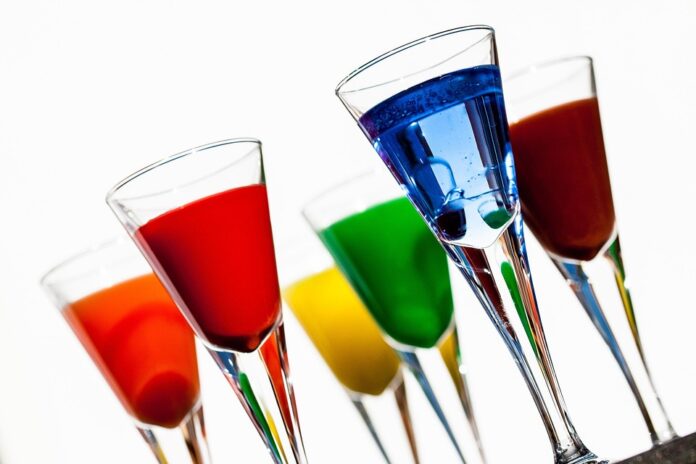Introduction
The global beverage industry has experienced significant transformations in recent years due to major mergers and acquisitions reshaping the competitive landscape. These strategic moves have not only altered the market dynamics but have also influenced consumer preferences and industry trends. In this report, we will delve into the key mergers and acquisitions that have had a profound impact on the global beverage industry, examining the financial implications, market share shifts, and strategic implications for the companies involved.
Coca-Cola’s Acquisition of Costa Coffee
Financial Impact
In 2018, Coca-Cola made a bold move by acquiring Costa Coffee from Whitbread for $5.1 billion. This acquisition marked Coca-Cola’s entry into the hot beverages market and provided the company with a strong foothold in the lucrative coffee segment. The deal was aimed at diversifying Coca-Cola’s product portfolio and tapping into the growing demand for coffee beverages globally.
Industry Insights
The acquisition of Costa Coffee allowed Coca-Cola to expand its presence in the fast-growing coffee market, which is projected to reach $102.02 billion by 2024. By leveraging Costa Coffee’s strong brand recognition and distribution network, Coca-Cola was able to strengthen its competitive position in the beverage industry and appeal to a broader consumer base. This strategic move also enabled Coca-Cola to diversify its revenue streams and reduce its dependence on carbonated soft drinks.
Keurig Dr Pepper Merger
Financial Impact
In 2018, Keurig Green Mountain and Dr Pepper Snapple Group merged to form Keurig Dr Pepper in a deal valued at $18.7 billion. This merger created a powerhouse in the beverage industry, combining Keurig’s expertise in single-serve coffee machines with Dr Pepper’s strong portfolio of soft drinks and juices. The merger aimed to drive growth, enhance operational efficiency, and capture synergies between the two companies.
Industry Insights
The Keurig Dr Pepper merger reshaped the competitive landscape in the beverage industry, forming a formidable competitor to industry giants like Coca-Cola and PepsiCo. The combined entity now boasts a diverse product portfolio spanning coffee, soft drinks, juices, and other beverages, catering to a wide range of consumer preferences. The merger also enabled Keurig Dr Pepper to leverage its combined distribution networks and marketing capabilities to drive sales and increase market share.
AB InBev’s Acquisition of SABMiller
Financial Impact
In 2016, Anheuser-Busch InBev (AB InBev) completed its acquisition of SABMiller for $103 billion, creating the world’s largest beer company. This mega-deal reshaped the global beer industry, consolidating AB InBev’s market dominance and expanding its presence in key markets around the world. The acquisition was aimed at capturing cost synergies, increasing scale, and solidifying AB InBev’s position as a leading player in the beverage industry.
Industry Insights
The AB InBev-SABMiller merger had far-reaching implications for the global beer market, with the combined entity controlling a significant share of the market. The merger allowed AB InBev to strengthen its foothold in emerging markets like Africa and Asia, where SABMiller had a strong presence. By merging their operations, AB InBev and SABMiller were able to streamline their production, distribution, and marketing efforts, leading to increased efficiencies and profitability.
Conclusion
In conclusion, major mergers and acquisitions have played a pivotal role in reshaping the global beverage industry landscape, driving consolidation, innovation, and growth. Companies like Coca-Cola, Keurig Dr Pepper, and AB InBev have leveraged strategic acquisitions to expand their product portfolios, enter new markets, and enhance their competitive positions. These strategic moves have not only transformed the market dynamics but have also influenced consumer preferences and industry trends. As the beverage industry continues to evolve, we can expect to see more mergers and acquisitions that will shape the future of the industry.




